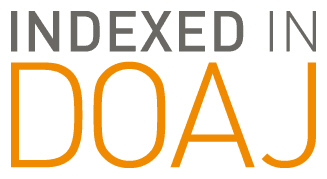Abstract
The American Speech-Language-Hearing Association (ASHA) initially implemented a Code of Ethics in 1952, and has periodically revisited the content of the document with revisions to reflect the expanding scope of practice within speech-language pathology and audiology and to clarify certain concepts. Code revision is a cyclical mandated task of the ASHA Board of Ethics conducted to assure accuracy, currency, and completeness of this most important document (Solomon-Rice & O’Rourke, 2016). The current version of the Code of Ethics (2016) was modified from the previous version (2010r), with an updated preamble, definitions of related vocabulary, and re-organized language in the principles. The new code, which supports collaboration, competence, and responsibility, serves as the ethical underpinning for students and clinical fellows, practicing clinicians, researchers, supervisors, and administrators. It is incumbent on ASHA members to encode this information, and incorporate ethical practices across the span of their careers. The current article will summarize the changes between the 2010r and 2016 versions of the ASHA Code of Ethics for practicing speech-language pathologists and audiologists and students studying in these fields. Managers may benefit from this tutorial in order to be familiar with the standards to which their speech-language pathologists and audiologists must abide. Official clarification regarding the ASHA Code of Ethics should be directed to the ASHA Director of Ethics at ethics@asha.org.
Recommended Citation
Edge, Robin L. Ph.D., CCC-SLP; Sirmon-Taylor, Bess Ph.D., CCC-SLP; and Prezas, Raul F. Ph.D., CCC-SLP
(2016)
"A Comprehensive Review of the 2016 ASHA Code of Ethics,"
Journal of Human Services: Training, Research, and Practice: Vol. 1:
Iss.
2, Article 5.
Available at:
https://scholarworks.sfasu.edu/jhstrp/vol1/iss2/5
Included in
Health and Medical Administration Commons, Health Law and Policy Commons, Legal Ethics and Professional Responsibility Commons, Speech and Hearing Science Commons, Speech Pathology and Audiology Commons
Tell us how this article helped you.
